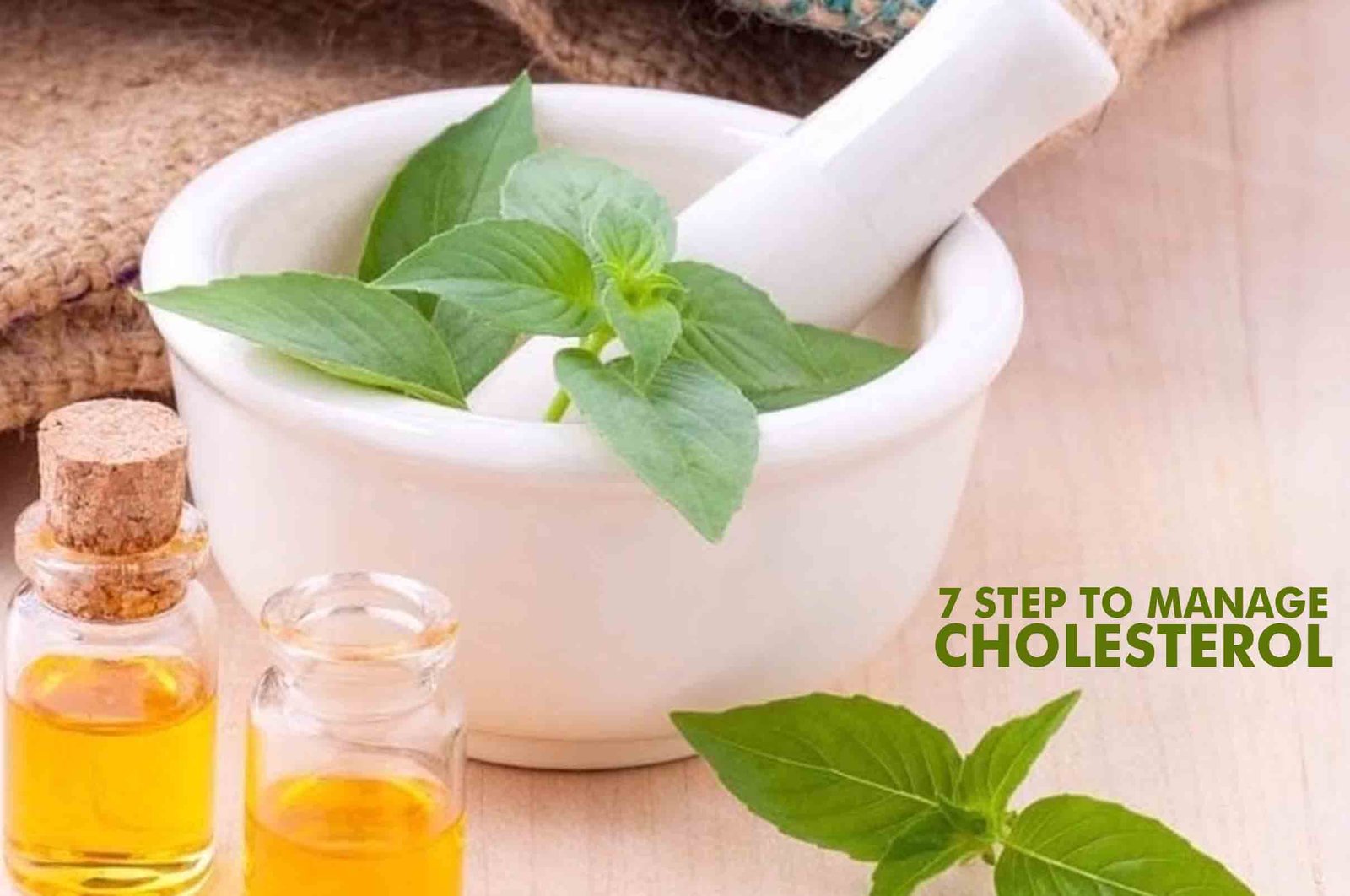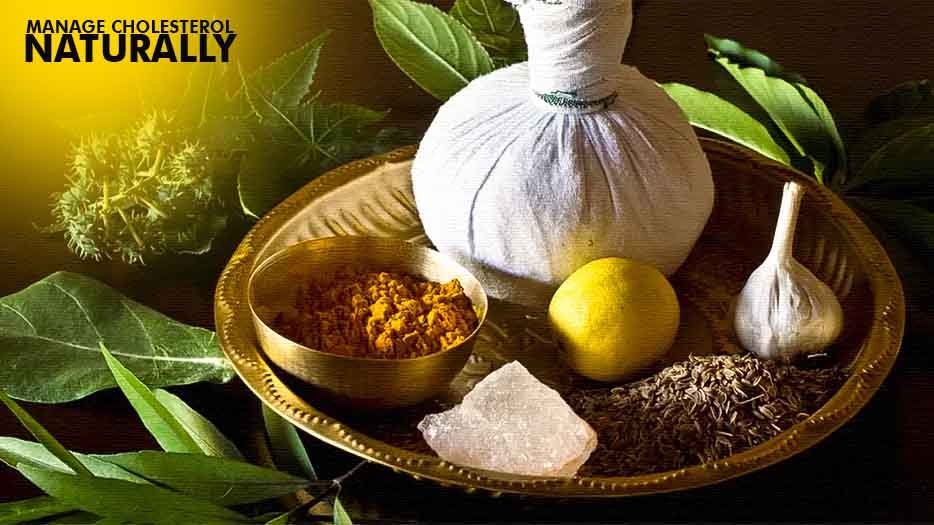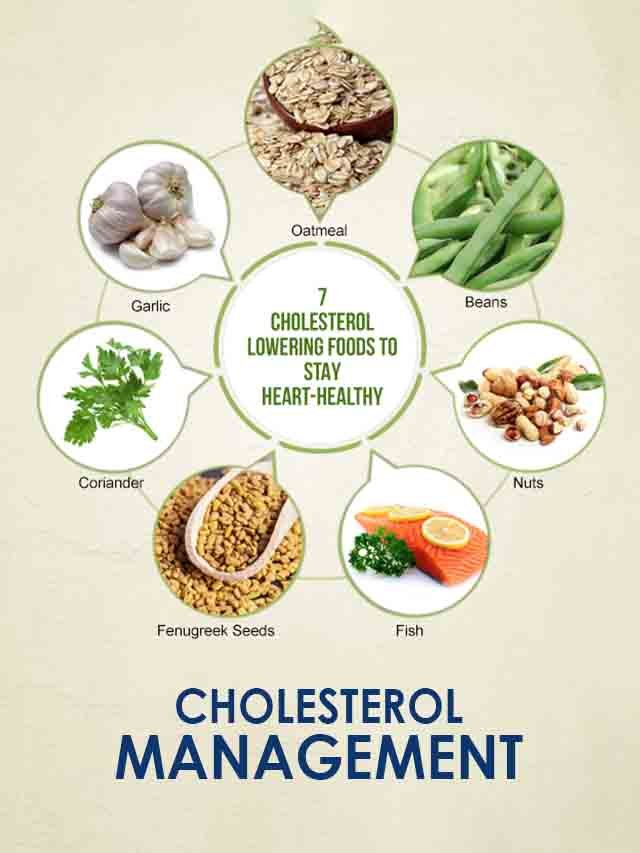
HEALTH BLOG
7 Proven Strategies for Managing Cholesterol Level Naturally
-
Rahul Priydarss

I
n this comprehensive guide, we’ll explore seven evidence-based strategies that can help you maintain optimal cholesterol level naturally.
Table of Contents
Introduction:
Cholesterol management is a critical aspect of maintaining heart health and adopting natural strategies to control cholesterol levels is an empowering approach to overall well-being. With heart disease being a leading cause of mortality in the United States, understanding and implementing proven methods to manage cholesterol becomes paramount. In this comprehensive guide, we’ll explore seven evidence-based strategies that can help you maintain optimal cholesterol level naturally.
How to Lower Cholesterol Level Naturally:
Discover effective ways how to lower cholesterol naturally with simple lifestyle changes. Incorporate heart-healthy habits such as maintaining a balanced diet rich in fibre, fruits, and vegetables. Regular physical activity plays a crucial role in reducing cholesterol levels and promoting overall cardiovascular health. Embrace mindful practices like yoga and meditation, known to alleviate stress, a contributing factor to high cholesterol. Additionally, include cholesterol-lowering foods like nuts, seeds, and fatty fish in your diet. Stay hydrated, limit processed foods, and opt for heart-friendly cooking oils. By adopting these natural strategies, you can actively manage and lower cholesterol levels, supporting a healthier, more vibrant life.
7 Points for Managing Cholesterol Level Naturally:
- Embrace a Heart-Healthy Diet
- Prioritise Omega-3 Fatty Acids
- Regular Exercise Routine
- Fibre-rich Foods for Optimal Digestion
- Moderate Alcohol Consumption
- Maintain a Healthy Weight
- Stress Management Techniques
1. Embrace a Heart-Healthy Diet:
Dietary choices play a pivotal role in cholesterol management. Opt for a heart-healthy diet that emphasises whole, nutrient-dense foods. Increase your intake of fruits, vegetables, whole grains, and legumes, while minimizing processed foods, saturated fats, and trans fats. Incorporate heart-friendly fats such as those found in avocados, nuts, and olive oil.
2- Prioritise Omega-3 Fatty Acids:
Omega-3 fatty acids, abundant in fatty fish like salmon, mackerel, and trout, have been shown to have a positive impact on cholesterol levels. Consider incorporating these fish into your diet at least twice a week. Alternatively, supplement with high-quality fish oil capsules to ensure an adequate intake of omega-3s.
3- Regular Exercise Routine:
Physical activity is a potent ally in cholesterol management. Regular aerobic exercises, such as brisk walking, jogging, or cycling, help raise high-density lipoprotein (HDL) cholesterol, commonly known as the “good” cholesterol. Aim for at least 150 minutes of moderate-intensity exercise per week, complemented by muscle-strengthening activities twice a week.

4- Fiber-Rich Foods for Optimal Digestion:
Dietary fibre plays a crucial role in managing cholesterol levels by binding to cholesterol molecules and facilitating their elimination from the body. Increase your fibre intake through whole grains, fruits, vegetables, and legumes. Soluble fibre, in particular, found in oats, beans, and fruits like apples and citrus, is effective in lowering low-density lipoprotein (LDL) cholesterol.
5- Moderate Alcohol Consumption:
While excessive alcohol consumption can have adverse effects on health, moderate alcohol intake has been associated with increased levels of HDL cholesterol. For men, moderation means up to two drinks per day, while women should limit themselves to one drink. Red wine, in particular, contains antioxidants that may contribute to heart health when consumed in moderation.
6- Maintain a Healthy Weight:
Maintaining a healthy weight is crucial for cholesterol management. Losing excess weight, especially abdominal fat, can positively impact cholesterol levels. Focus on a combination of a balanced diet and regular exercise to achieve and maintain a healthy weight. Even a modest weight loss can lead to significant improvements in cholesterol profiles.
7- Stress Management Techniques:
Chronic stress can contribute to unhealthy lifestyle habits, including poor dietary choices and sedentary behaviour, which can adversely affect cholesterol levels. Incorporate stress management techniques such as meditation, deep breathing exercises, yoga, or regular breaks for relaxation into your routine. These practices can have a positive impact on both mental well-being and cholesterol levels.
Frequently Asked Questions (FAQs):
A1: Embrace a heart-healthy diet rich in fruits, vegetables, whole grains, and lean proteins. Minimize processed and saturated fats while incorporating heart-friendly fats from sources like avocados and nuts.
A2: Regular aerobic exercises, such as brisk walking or cycling, raise HDL (“good”) cholesterol. Aim for at least 150 minutes of moderate-intensity exercise weekly, complemented by muscle-strengthening activities twice a week.
A3: Yes, include foods rich in soluble fibre, like oats, beans, apples, and citrus fruits, in your diet. Omega-3 fatty acids found in fatty fish or supplements can also positively impact cholesterol levels.
A4: Chronic stress can contribute to unhealthy habits affecting cholesterol. Manage stress through techniques like meditation, deep breathing, or yoga, promoting both mental well-being and optimal cholesterol levels.

Reviews:
Insightful Guide to Heart Health: This article provides a comprehensive and easy-to-follow guide on managing cholesterol naturally. The strategies outlined are practical, backed by evidence, and can be seamlessly incorporated into daily life. A must-read for anyone seeking proactive measures for heart health.
Practical Lifestyle Tips: I appreciate the practicality of the strategies suggested in this article. From dietary advice to stress management techniques, the tips are realistic and achievable. It’s a valuable resource for those looking to make lasting changes to support their cholesterol levels.
Well-Researched and Informative: The article is well-researched, presenting evidence-based strategies for cholesterol management clearly and concisely. It covers a range of lifestyle factors, making it a comprehensive resource for individuals seeking natural approaches to support heart health.
-Remember, Always consult with healthcare professionals or Doctors for personalised advice related to medical conditions.
Conclusion:
Managing cholesterol levels naturally is a proactive and empowering approach to cardiovascular health. By adopting these evidence-based strategies, you can make meaningful lifestyle changes that positively impact your cholesterol profile and overall well-being. Remember, these strategies work synergistically, so incorporating several into your routine can yield the most significant benefits. Consult with your healthcare provider before making significant changes to your diet or exercise routine, and embark on a journey towards a heart-healthy lifestyle for a vibrant and fulfilling life.
Previous Post




